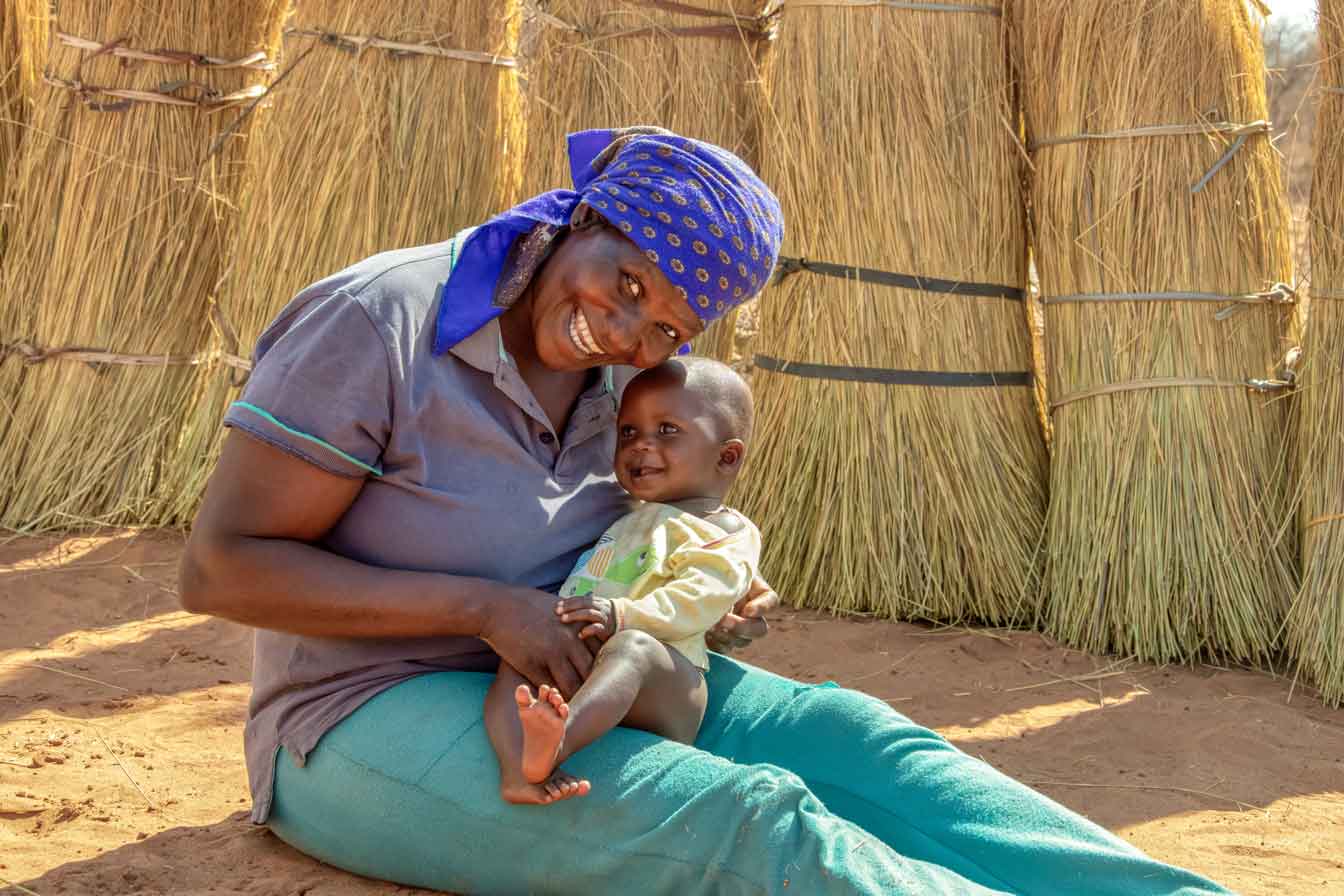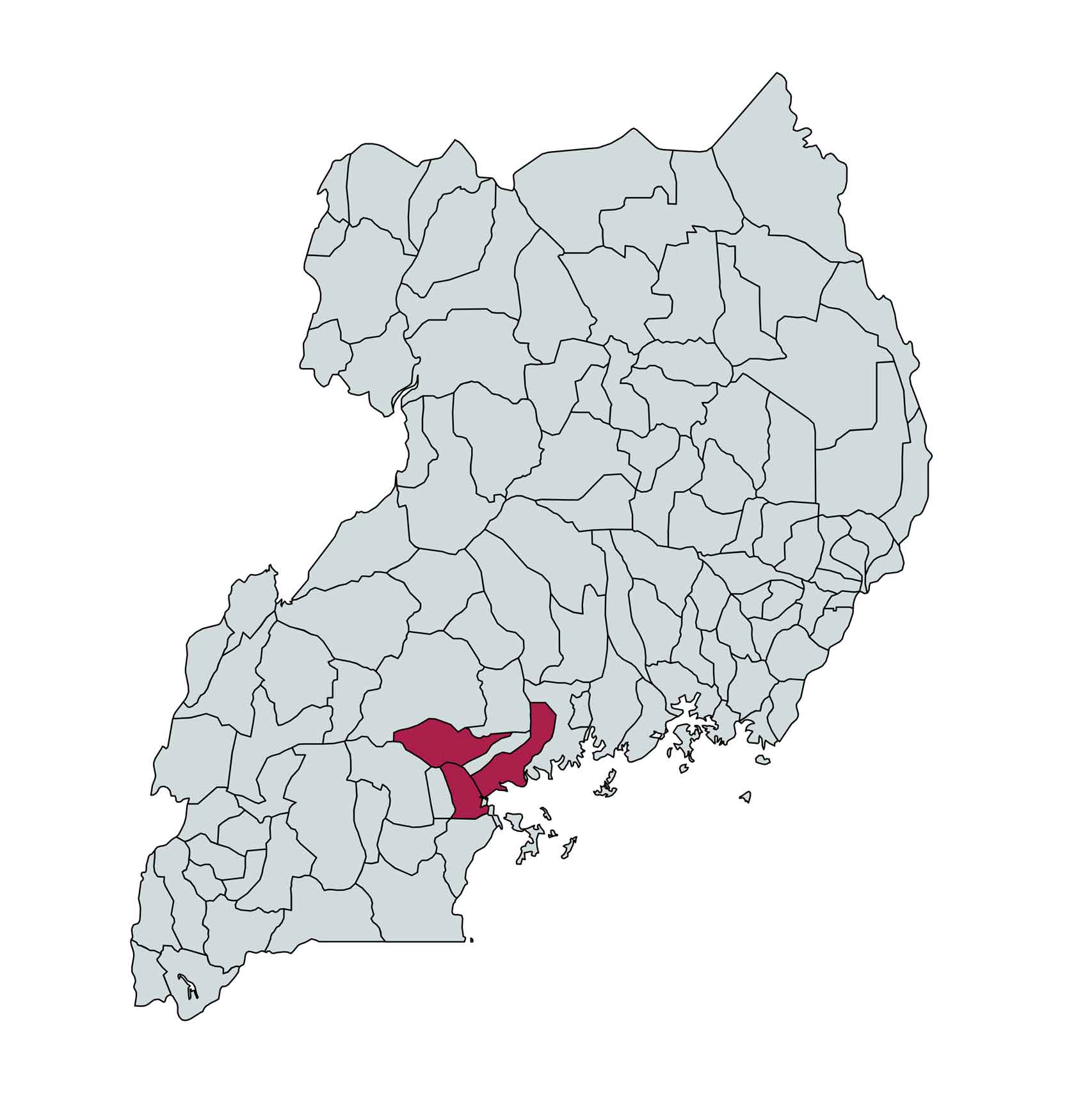OVERVIEW
STUDY DATES: 2024 – 2029
Research Title: Efficacy testing of a multi-level family planning intervention to increase contraceptive use and reduce unintended pregnancy in low resource settings
We will test the Family Health=Family Wealth (FH=FW) multi-level, community-based intervention, which employs health system strengthening efforts alongside transformative community dialogues to alter individual attitudes and the perception of community norms that discourage family planning. Community dialogues engage groups of couples over 5 sessions enhanced to simultaneously address individual and interpersonal-level determinants of family planning and serve as a platform for community-based family planning and linkage to facility-based family planning services.

STUDY AIMS
Aim 1: Determine the efficacy of the FH=FW intervention on contraceptive uptake and unintended pregnancy incidence.
Aim 2: Determine FH=FW’s effect on, and determinants of, contraceptive continuation.
Aim 3: Explore factors affecting implementation success and future adoption.

WHY?
In 2022, 29.7% of married women of reproductive age had an unmet need for family planning in Uganda, meaning they wanted to avoid pregnancy but were not using an effective contraceptive method. Filling the unmet need for family planning has important public health implications, including reductions in pregnancy-related health risks and deaths, and infant mortality. On the supply side, community platforms to deliver family planning, as well as provider capacity to provide effective methods, need to be strengthened, but such efforts will not be optimized without addressing multilevel demand-side barriers to contraceptive use. Misinformation and fear of contraceptive side-effects, relationship dynamics, peer and family influence, and broader community norms promoting large family size and traditional gender roles influence family planning. This study seeks to evaluate an innovative multilevel intervention to increase contraceptive use in rural Uganda, which has among the highest unmet needs for family planning and fertility rates in the world. By addressing multilevel barriers to family planning, this intervention can help couples to better space and time their pregnancies, reduce the incidence of unintended pregnancy, and ultimately reduce rates of maternal and infant morbidity and mortality.
Principal Investigators (PIs)
Katelyn M. Sileo, MPH, PhD1
Susan M. Kiene, PhD, MPH2
Christine Muhumuza, MHSR3
PI Affiliations
1Boston College
Chestnut Hill, Massachusetts, USA
2San Diego State University
San Diego, California, USA
3Makerere University School of Public Health
Kampala, Uganda
PARTNERS
- Kalungu, Gomba, and Mpigi District Health facilities, Uganda
- University of North Carolina, Chapel Hill
- Yale University

LOCATIONS
Kalungu, Gomba, and Mpigi Districts, Uganda

FUNDER: National Institutes of Health, Eunice Kennedy Shriver National Institute of Child Health and Human Development
Contact us with any inquiries or questions
OUTCOMES
Stay tuned…
Building Research Initiatives Advancing Global Health Equity (BRIDGE) at San Diego State University

